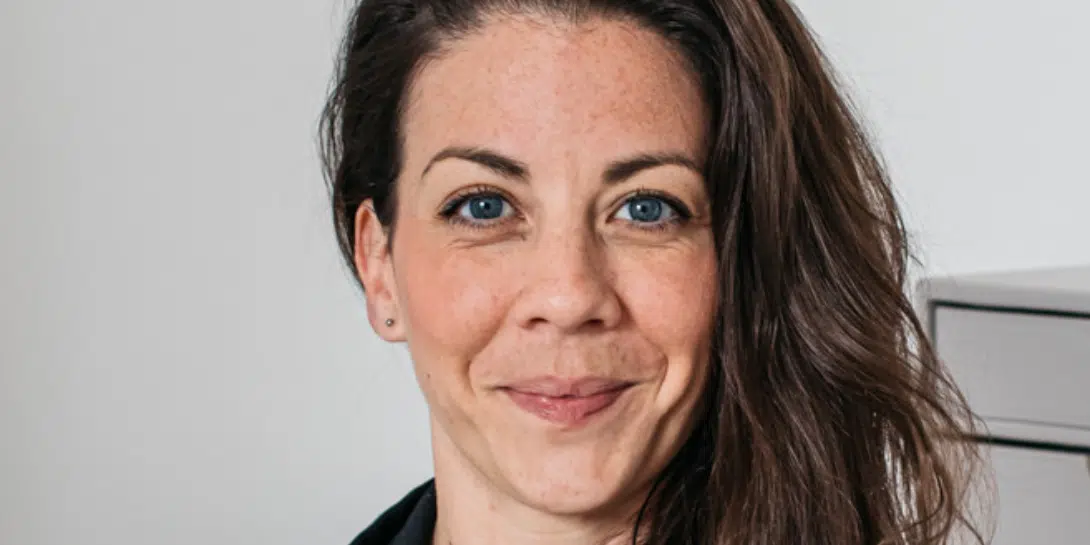Mental health issues are rising dramatically as a result of the Covid-19 crisis. The problem is particularly acute among business leaders, who’ve been under intense pressure the past six months. Many are now at or beyond breaking point.
These problems are not new, though. Executive depression, anxiety and isolation – and the substance abuse, family breakdowns, poor physical health, self-harm and suicide that can all too frequently result – were a major issue long before most of us had even heard the word “coronavirus”.
I know this for a fact because three years ago, I myself went through a severe breakdown. At the time, I was performing very well in my career and had recently been placed in Singapore by my company. Over the previous decade, however, I’d been unexpectedly laid off from senior roles working in Indonesia and Vietnam. I couldn’t shake the paranoia that no matter how good my performance was, I could be retrenched at any moment. I lived on edge – and drinking took the edge off.
When I first moved to Singapore, I was all alone in a foreign country, so I sought solace in alcohol and the superficial social circle of my local bar. I stopped exercising and gained 20kg within a few months of arriving in this country. It wasn’t the wonderful food here that did it – no, it was the booze. Drinking heavily at the end of most days was, to my mind, a reward and a form of therapy, but in fact it only left me feeling more imbalanced, lonely and disconnected.
Psychosomatic disorders and my unhealthy lifestyle began to affect me physically. I felt I couldn’t get any more down and even made a will in preparation for my death, which I thought could come at any time, despite being only 43 years of age. I’d hit an all-time low.
Finally, I acknowledged that I had to do something, I had to speak to someone. I actually consider myself lucky for having a drinking problem, because that meant I found my way to Alcoholics Anonymous. AA has been an invaluable source of support, helping give me the strength to remain sober these past two-and-a-half years.
Getting back into exercise and participating in triathlons, I gradually regained my physical fitness, which in turn led to me achieving better mental balance. But I think the thing that helped me most was “paying it forward” and devoting time to service – giving back.
For me, that meant contributing a portion of my time to an organisation called SOS, Samaritans of Singapore. SOS provides emotional support to people in crisis, individuals who might be depressed and thinking about suicide or who have been affected by the suicide of someone close to them.
The suicide of a close friend when I was in the early stages of my recovery came as a real shock. No one knew he was feeling such despair. He suffered in silence, as so many high-powered executives do (especially men). He hadn’t told anyone about his depression or dark thoughts – and that was a terrible wake-up call for me.
It spurred me to speak out about the dangers of depression and anxiety publically, to go on radio and do keynote talks, to write articles about these issues and hopefully, save lives. I was encouraged by my friend’s brother, who told me, “Scream it out loud!” Our hope was to prevent such a tragedy happening again.
Breaking point
Sadly, I know two successful executives who’ve committed suicide recently, as a result of the pressures they’ve endured during the Covid-19 crisis. Many executives I know have told me in confidence that they too are at breaking point.
According to surveys I’ve done, even before this crisis, business leaders suffered depression and anxiety at far higher rates than the general population. Things have only grown worse now that these senior executives are struggling to keep their businesses afloat during a time of great economic turmoil. Many are stressed-out navigating the shift to working from home, guilt-ridden laying off staff to cut costs and simultaneously, terrified that their own jobs are in danger.
Exacerbating matters, generally, these executives have no one in their organisation they can really open up to – especially not about their own mental health. If they’re an expat, their professional peers are probably overseas, and chances are that they will not have their family and friends close by to communicate with. The result is deepening isolation, depression and anxiety, with all the knock-on effects that entails.
As I say, I believe I was lucky to have a drinking problem, because that allowed me to access the resources of AA. I’d recommend anyone with similar alcohol or substance abuse issues to do the same. What about those who aren’t drinking to excess, but still feel it’s all getting to be too much to deal with?
First of all, the important thing is to take stock of yourself, recognise you’re not OK, and ask for help. Many senior executives are afraid to display vulnerability. They need to always exude success and strength, to put on a brave face no matter how bad things actually are. To fix your depression, anxiety and loneliness, however, you will have to drop your guard, remove your armour.
The next step is to research the problem, educate yourself in the issues and their resolutions. This should come naturally to most businesspeople, it’s what they do in their everyday work lives. Again, just as at work, where if you have a legal problem, you’ll visit a lawyer, you must consult a mental health expert to start the healing process and get back on track. The best leaders know to seek out an expert to help solve problems they’re not equipped to deal with on their own. There’s no shame in it.
You’ll also need to get healthy. You don’t have to go to the crazy extreme of doing triathlons like me. But it’s highly advisable you eat a nutritious diet, get enough sleep, exercise regularly and moderate your intake of alcohol, prescription pills, tobacco or other damaging substances. Many people swear by meditation, too.
Maintaining healthy relationships, on both personal and professional fronts, is key. Form strong bonds and your circle will be at your side through good times and bad. If the pressure has led you to unfairly lash out at friends, family, loved-ones and colleagues, make amends and apologise for your wrongdoing. This can really lift a weight from your shoulders.
As mentioned earlier, it’s great to give back and find a cause you believe in. I now do charity work most mornings at AA, helping others that suffer in the way I once did. (You have to give it back to keep it, I say.) Once you find the right cause, you can help out in whatever way you feel is most productive, giving resources, time or your expertise.
Passion, purpose
You should also seek out a passion to pursue: cycling or hiking, playing a musical instrument, yoga, learning a language, cooking, gardening, horseriding, craft and painting… the list goes on. Any of these pursuits will help focus your mind and stop you fixating on work. There’s nothing worse than having too much time to think!
Finally, you must try to find your real purpose in life – remember, you are not your job. It’s the relationships you have and who you are as a human being that are central to your identity and worth. Your job is just what you do to earn money. Granted, making a living is very important, so my final piece of advice is, whether boom or bust, keep your ears open, your LinkedIn active, your professional network robust, have a Plan B – and always maintain an updated CV.
Original post at The Business Times: https://www.businesstimes.com.sg/life-culture/how-to-overcome-executive-loneliness



